Kahner Global specializes in curating high-level investor conferences and events. The Cannabis Private Investment Summits are the premier conferences for institutional investors, family offices and ultra-high-net-worth investors. Hosted annually in New York City, Toronto, Fort Lauderdale and Beverly Hills, and this year adding San Francisco and London, the summits provide a highly tailored, unique and intimate conference experience that brings an optimal deal flow to its audience of investors and entrepreneurs.
Noa is the founder of Kahner Global where she builds strategic partners for the firm’s conferences and events business. Previously, Noa was Vice President of Business Development at Opal Financial Group, where she focused on family office and pension events. While there, she secured over $6million in conference revenue and worked with some of the largest financial brands, including: Allianz Global Investors, Deutsche Bank, and Guggenheim Partners. Her role was instrumental in building what is now the largest family office conference in the country. Noa is also credited with building the company’s international conference division and has developed relationships spanning a variety of investors and funds all over the world.
Noa received a master’s in business administration from Baruch College, The Zicklin School of Business. In 2014, she was named a member of the Milken Young Leadership Circle.
Thank you so much for doing this with us! Can you tell us the “backstory” about what brought you to the cannabis industry?
I worked in the finance industry for eight years producing investment conferences. After a while, I started to question if my work was having the impact I thought it could. I was interested in doing events that would be influential and instrumental for people looking to invest and those looking for investments. In 2015, the cannabis industry was picking up steam but there were no high-level educational or networking opportunities for investors looking to get into the industry. I saw an opportunity to leverage my knowledge, experience and connections to help fund and shape the future of the cannabis industry.
Can you share the most interesting story that happened to you since you began leading your company? Can you tell us what lesson you learned from that?
When you start a business, the reality is that you are working all the time. The company was growing and I was taking on more and more work, but I knew I needed to start hiring. I put it off as long as possible but ended up making my first full time hire at the last possible moment. I was pregnant leading up to an event in Ft. Lauderdale and knew there was a chance I would not be able to physically be there which added to the pressure. My pregnancy forced me bite the bullet and hire a full-time employee to share the workload and actually take over for me when I had my baby. It was the scariest and best thing that could have happened. Knowing I couldn’t control the circumstances on the horizon pushed me to get organized, implement a CRM solution, and relinquish responsibilities to someone else. Taking that step has helped us thrive and grow into the company we are today.
Can you share a story about the funniest mistake you made when you were first starting? Can you tell us what lesson you learned from that?
One of our first events in Beverly Hills kicked off with a welcome reception at a partner’s home. With a conservative audience of high-net-worth individuals and family offices, this seemed like a good idea that would set a personal tone for the event. What was supposed to be an intimate cocktail hour followed by a catered dinner turned out to be a full-blown house party with hundreds of people, LA-style, with a bud bar, massages, hot models, pizza and a line with security. From that night, I learned that all industries define “welcome reception” differently. I learned to have more oversight of everything connected to the Kahner Global brand, even when a partner says they’ve got it, I stay very involved. I also learned to set expectations clearly up front to ensure everyone is on the same page.
Do you have a funny story about how someone you knew reacted when they first heard you were getting into the cannabis industry?
Moving from finance to cannabis, at the beginning, every single person who knew me or had worked with me was surprised and skeptical. When I first started reaching out to investors in my network and told them I was focusing on cannabis, the reactions were mixed but many were filled with doubt and excuses. Fast forward three years and almost every one of those investors has attended an event or at least asked to learn more about investing in cannabis. Now people say how smart I was to get into the industry and that I’m a pioneer.
None of us are able to achieve success without some help along the way. Is there a particular person who you are grateful towards who helped get you to where you are? Can you share a story?
When I first started thinking about moving out of finance I was on a flight coming back from the Milken conference in 2015. I bumped into a friend on the flight, Seth Ginsberg from Creaky Joints and the Global Healthy Living Fund. He said, “what about cannabis?” And that got me thinking. I have always respected the plant and understood the medicinal value it brings to so many people, but coming from such a conservative industry, I was concerned that moving to cannabis would not be a good look for me with my network of investors. Even in the final days before my first event, I struggled with my own legitimacy and doubt as to whether or not it was the right move. I’m grateful to Seth for planting the seed of an idea that would turn into the Cannabis Private Investment Summit event series. I’m also grateful to the hundreds of investors and brands who did take a chance, donated time and space or just encouraged me to embark on this journey. Without my amazing network, we wouldn’t have the success we have today.
Are you working on any new or exciting projects now? How do you think that will help people?
We are taking the Cannabis Private Investment Summit to Europe. For the first time, we’re hosting an event in London in May of 2020. I used to do events in Europe all the time in finance and have been wanting to go back and reconnect with my network there. As an industry, we’ve been very focused on cannabis and hemp in the U.S. and Canada and need to expand our expertise and understanding of what’s happening around the globe. Moving outside of the U.S. and Canada will be a challenge as many investors look at trends in the public markets as a sign as to whether or not to invest. However, we’re all about providing education and connecting investors with great brands, and that should be happening internationally in both an up and down market.
Ok. Thank you for all that. Let’s now jump to the main core of our interview. Despite great progress that has been made we still have a lot more work to do to achieve gender parity in this industry. According to this report in Entrepreneur, less than 25 percent of cannabis businesses are run by women. In your opinion or experience, what 3 things can be done by a)individuals b)companies and/or c) society to support greater gender parity moving forward?
We can all make a concerted effort to support women-owned businesses and brands. Investors should mandate that they identify and invest in businesses with female founders, executives and board members. There are also cannabis funds that invest in women-led businesses, but there should be more of them.
You are a “Cannabis Insider”. If you had to advise someone about 5 non intuitive things one should know to succeed in the cannabis industry, what would you say? Can you please give a story or an example for each.
- The cannabis industry is small. In order to get started, it’s important to know who the movers and shakers are and how to get on their radar. When I started my company, I went to a cannabis event without knowing anyone and talked to every person I met about the conference experience. I took their feedback and suggestions and in some cases made true connections with people. One guy I met ended up connecting me with an entire network of companies and investors in cannabis. That was over five years ago, but it’s still a small industry and a core group of influential people can help propel your business.
- You also have to know the rules and regulations in cannabis. It’s important to hire someone like a consultant or partner who knows the legal side of things as well as upcoming regulatory changes. The changing regulatory environment can influence a company’s decisions for better or worse. You need to be prepared to have the flexibility needed to operate in such a dynamic environment.
- People look at cannabis as a short term opportunity. Smart investors know it’s going to be awhile before they see returns on their investments. A lot of people assume that cannabis is an industry where you can make a lot of money quickly; you need to be prepared if that’s not the case. There are a lot of unknowns, so you need to be smart and do due diligence.
- There are a lot of bad actors. Companies that understand the importance of doing things right, by the book, are the ones that will be around long-term. Be wary of people looking at cannabis business as fast money because it’s not. Look at companies in cannabis that are trying to build something. Identify people who really matter and care about the industry and their place in it.
- You don’t need to go public right now. I have seen many companies go to the public market and fail because they wanted to get rich quick. Most companies should stay private and really weigh their options for as long as they can before they go public.
Can you share 3 things that most excite you about the cannabis industry?
I’m excited to see how greater access to the plant will impact society in years to come. I also want to see broad legalization of cannabis and other plant medicines including psychedelics so we can have more research; from clinical trials to customer buying behavior. Additionally, we have seen that cannabis can provide relief for the millions of Americans suffering from opioid abuse and addiction, so I am excited to see that trend continue.
Can you share 3 things that most concern you about the industry? If you had the ability to implement 3 ways to reform or improve the industry, what would you suggest?
- The high valuations for companies in the cannabis space will lead to a massive correction. This can be remedied by more heavily basing future valuations on actual revenue instead of revenue that’s being produced by similar businesses in other industries.
- Leaving under-represented minorities including people of color and women out of industry leadership roles. We should mandate that investors invest in women and minority owned businesses in the space. We have seen certain states with initiatives to offer licenses to minorities as a first step but that won’t succeed without access to capital and education.
- Interference from Big Pharma. The pharmaceutical industry has a lot of power and has actively lobbied against cannabis legalization which slows down progress. The answer is broad legalization and then a lot of work to establish and enforce regulations.
What are your thoughts about federal legalization of cannabis? If you could speak to your Senator, what would be your most persuasive argument regarding why they should or should not pursue federal legalization?
Federal legalization of cannabis is going to happen. It’s good that the Federal government is taking their time to do it right and allowing states to test out their legal programs because it will be much harder to roll back something that’s already been put out there. The biggest priority is making sure people are safe, products are done right, and standards and testing are implemented. Most of the major issues in the cannabis industry today can be solved by ending Federal prohibition so we can do the research and testing needed.
Today, cigarettes are legal, but they are heavily regulated, highly taxed, and they are somewhat socially marginalized. Would you like cannabis to have a similar status to cigarettes or different? Can you explain?
Cannabis should be choice for consumers and there should be regulation to ensure adults are the ones using the products. However, cannabis should not be socially marginalized like cigarettes because it can also be used to effectively treat medical conditions.
Can you please give us your favorite “Life Lesson Quote”? Can you share how that was relevant to you in your life?
“It’s the not the destination, It’s the journey.” ― Ralph Waldo Emerson
I truly believe that we should work with the best of intentions. Sometimes the end result or destination is not what we initially intended but it will always be a positive outcome if the origin was well-meaning and the journey to get there was fill with thoughtfulness, passion and empathy. That’s how I function personally and how I run my business.
You are a person of great influence. If you could inspire a movement that would bring the most amount of good to the greatest amount of people, what would that be? You never know what your idea can trigger. 🙂
We are in it. This is a movement. So many people out there have medical conditions and need access to cannabis, I wish there was a way to get more doctors board, but in time, if we keep pushing forward, we will see the future where cannabis is a viable option for everyone.
Thank you so much for the time you spent with this. We wish you only continued success!

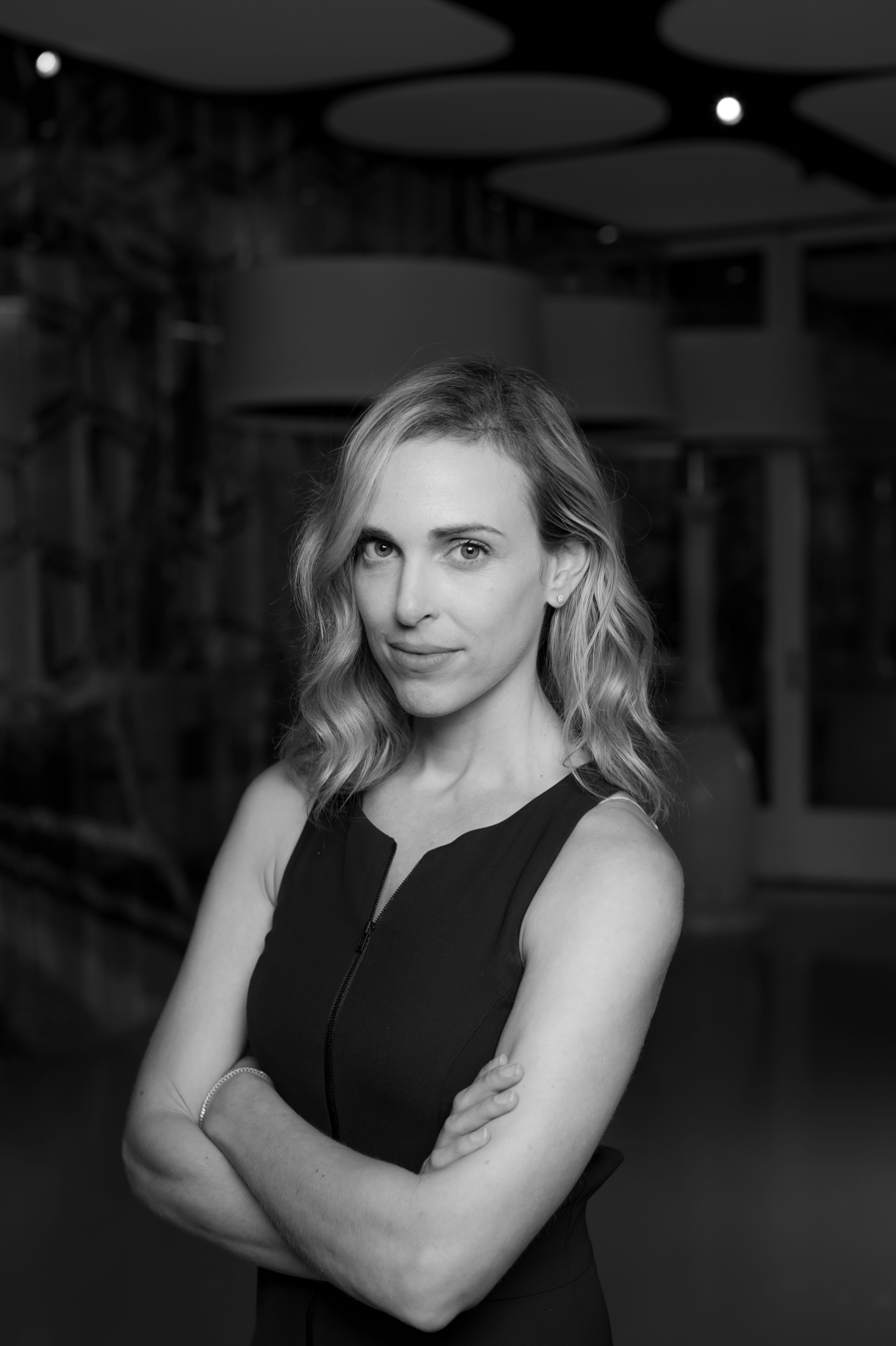
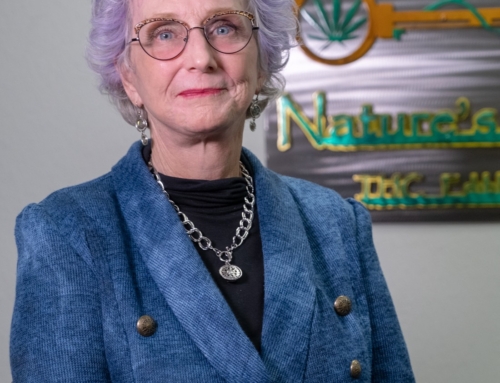
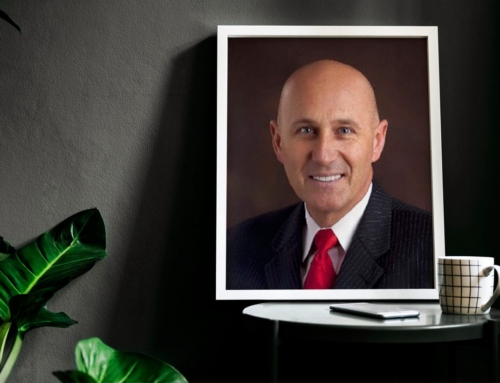


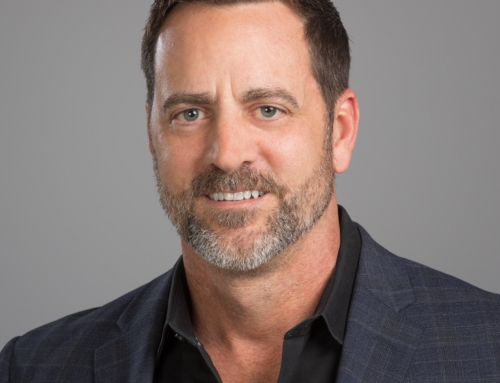
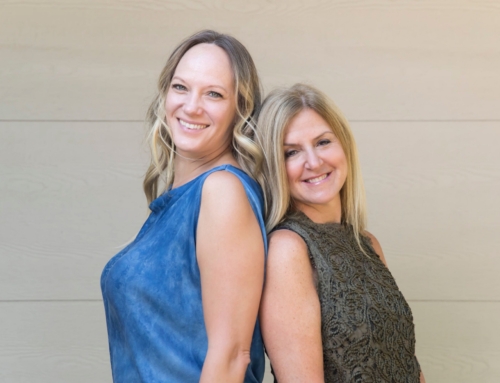
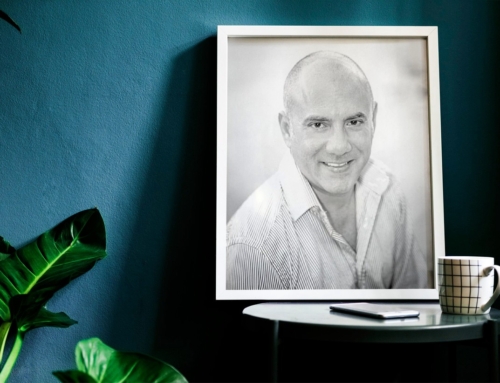
![“The potential to help people [in this industry] is enormous, but there’s still so much to learn.” – Ramon Alarcon, Witi](https://cf.lakesideremedy.com/wp-content/uploads/2020/12/1thj5ekUyxQ69iLz1JJyODg-scaled-e1607882756286-500x383.jpeg)
